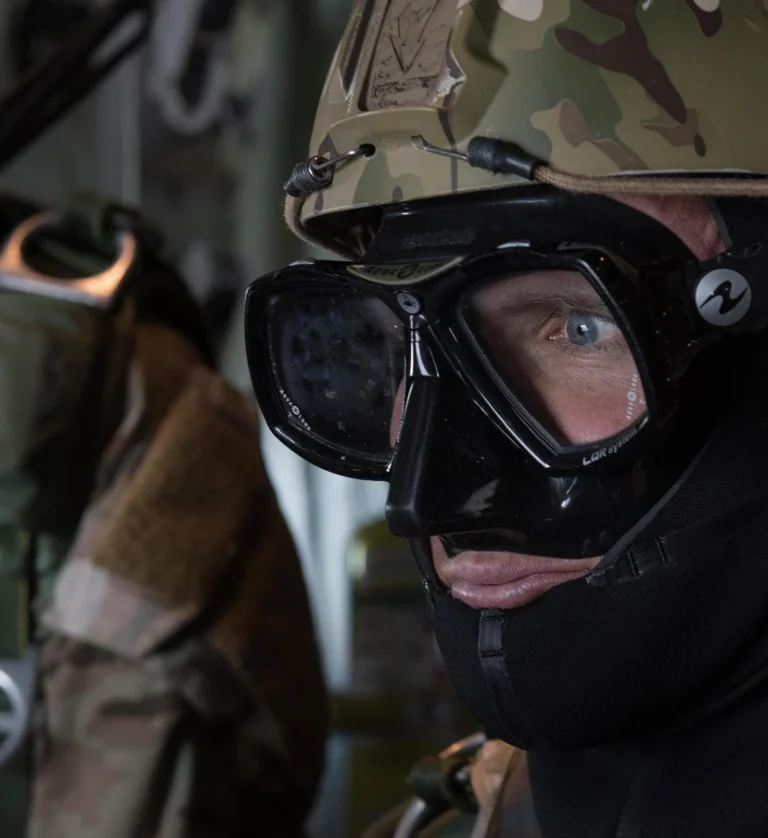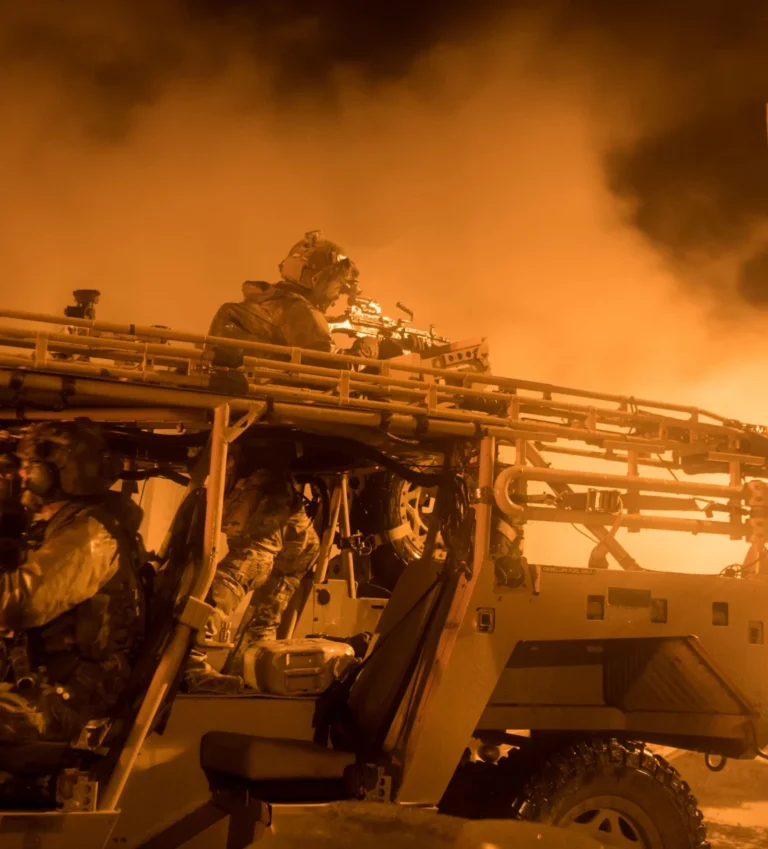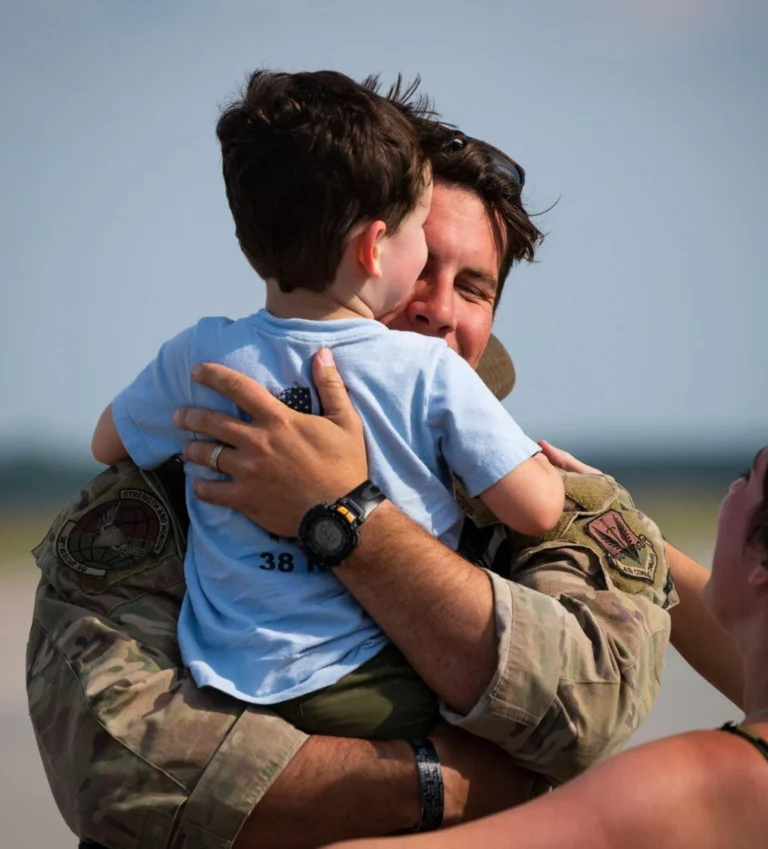Military special operations forces represent the most elite warriors of the U.S. Armed Forces. These men and women operate in high-stakes environments, enduring grueling training regimens and relentless combat cycles. Yet, beneath the surface of their heroism lies a critical, often overlooked issue: Operator Syndrome.

Operator Syndrome is a term that describes a unique constellation of medical, behavioral, and psychological challenges experienced by members of military special operations forces (SOF). These individuals are the most elite members of the armed forces, undergoing years of intense training, deployments, and combat operations. This high-stress, high-demand lifestyle results in chronic wear and tear on the body and mind, culminating in a complex set of health issues.
Unlike isolated medical conditions, Operator Syndrome represents a combination of interrelated problems, many of which exacerbate one another. The syndrome reflects the long-term effects of prolonged physical and emotional stress, as well as the challenges of transitioning from military to civilian life.

The root of Operator Syndrome lies in chronic allostatic load, which refers to the cumulative wear and tear on the body due to sustained stress. Military operators face:
This relentless pressure causes physiological, psychological, and emotional damage, often manifesting years after active service.
The silent suffering of these veterans is not just a personal burden—it’s a national issue. Many operators return home only to find themselves battling invisible wounds, struggling to reintegrate into society. Without targeted intervention, the consequences can be devastating: broken families, addiction, homelessness, and, tragically, suicide.
SOF personnel are at a heightened risk for mental health issues.
Approximately over 6,000 veterans die to suicide each year.
Suicide rates among U.S. SOF are about 30% higher than the overall U.S. military.
Understanding Operator Syndrome is the first step toward meaningful change. The stigma surrounding mental health and the “warrior ethos” often prevent operators from seeking help. We must foster an environment where seeking support is viewed as a sign of strength, not weakness.
Furthermore, clinical research and immersive, comprehensive care programs tailored to the unique needs of special operations veterans are essential. These programs should address not only the physical and psychological symptoms but also the existential challenges of transitioning from a life of service to civilian roles.
To all veterans, families, health-care providers, and policymakers: the time to act is now. Awareness and advocacy are powerful tools. Encourage the operators in your life to seek care, and demand that our health-care system prioritizes research and specialized programs for these elite warriors. If you or someone you know is struggling, resources are available. Reach out to CXC and never underestimate the power of support.
The sacrifices of our special operations forces deserve more than recognition; they deserve comprehensive care and unwavering support. Let’s ensure no operator fights their battles alone.

References:
Frueh BC, Madan A, Fowler JC, et al. “Operator syndrome”: A unique constellation of medical and behavioral health-care needs of military special operation forces. J Psychosom Res. 2020; PMID: 32052666. DOI: 10.1177/0091217420906659. Available at: PubMed.
Statista. (2023). Number of veteran suicide deaths in the United States from 2005 to 2021. Retrieved from https://www.statista.com/statistics/1440066/number-of-veteran-suicide-deaths-us/
U.S. Department of Veterans Affairs. (n.d.). Suicide prevention research. Retrieved from https://www.research.va.gov/topics/suicide.cfm